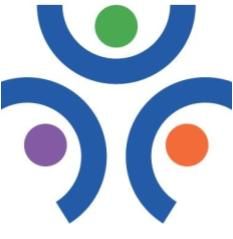Over the past three decades, public awareness of and knowledge about neurodivergence has increased at an exponential rate. This is encouraging for parents today, who fortunately have many resources available for their children following a professional ADHD diagnosis.
Coping mechanisms, from medication to custom curriculum in an independent day school such as Lake Michigan Academy, are increasingly easy to utilize in a classroom setting if a parent is unable to homeschool or access an outside program such as Kumon Tutoring.
Misconceptions about ADHD
Physicians rarely begin prescribing ADHD medication without due cause. Diagnoses are not given freely to every child with behavioral issues and learning challenges. Many parents are surprised to learn that ADHD is not diagnosed with a single test.
Rather, your child’s pediatrician will gather information from multiple sources, including caregivers and teachers, to make a comparative assessment to see how your child’s behavior, grades, and development aligns with others in their chronological age group.
Early Diagnosis and Misdiagnosis
While some children are diagnosed as young as four, the American Academy of Pediatrics (AAP) does not advise seeking a diagnosis during the toddler years. Similarly, the AAP warns parents that by the time children are approaching their teen years, the symptoms commonly associated with ADHD can mimic other mental health and developmental disorders.
A teenager struggling with impulsivity, mood swings, and inattentiveness at school may not have ADHD. He or she could be suffering from a mental health condition like bipolar disorder or major depression, and as such, will require a different treatment plan. Comorbidity of diagnoses is often quite common, especially in teenagers.
Medications Available
After your child has been diagnosed with ADHD, you may wish to discuss medication as part of a cohesive treatment plan. Your pediatrician is likely to prescribe one of a few major medications to treat the neurochemical basis of ADHD, as well as recommend counseling, an individualized custom curriculum, and support from family and friends.
Stimulant drugs, such as Concerta, Ritalin, and Adderall, are typically prescribed for ADHD. These drugs have been the gold standard in treating attention deficit disorders for over half a century. How do they work? By increasing the amount of dopamine and norepinephrine in the brain. These two neurotransmitters are crucial for working memory and productivity.
As educators become more aware of how to provide effective coping mechanisms for ADHD in the classroom, the possibility of academic success for students with divergent learning styles looks increasingly promising.






